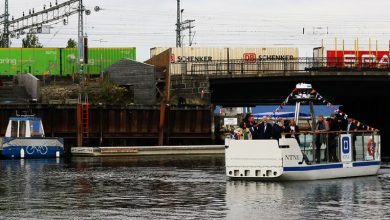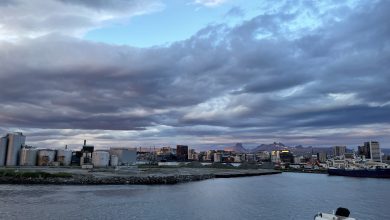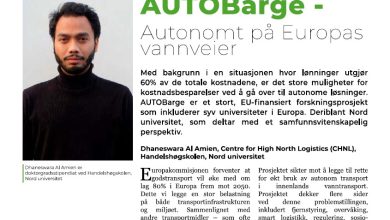What Does an AUTOBarge ESR do During a Secondment?
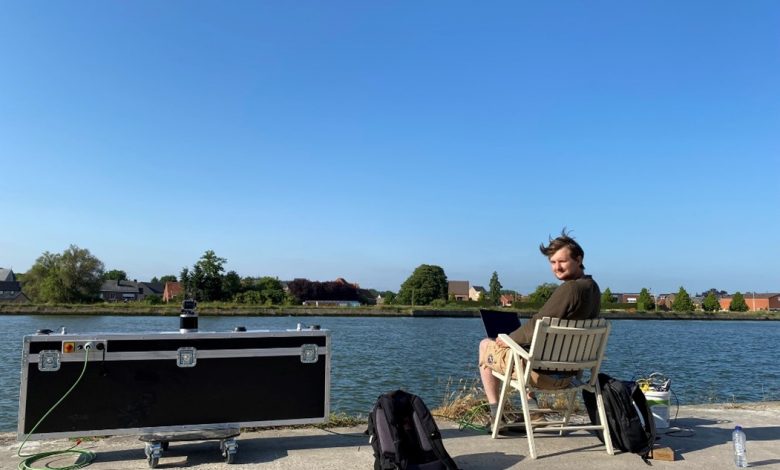
One of the main features of an MSCA project is the secondments. Secondments are stays of up to 90 days at one of the partner organizations that make up the consortium. Earlier this year I was on one of my secondments at KU Leuven in Belgium and in this blog, I will tell you a little about what I did during that time.
For my secondment, my stated goal was to collect sensor data from ships in inland waterways. Norway has very limited inland shipping traffic whereas Belgium has a lot of it. For my research, sensor data is of particular importance because it makes it possible to test algorithms that I develop on real-world data. To test algorithms on typical inland waterway scenarios, I need to have sensor data that has been collected in an inland waterway setting and Belgium is perfect for doing that type of data collection.
KU Leuven has some very good infrastructure when it comes to the collection of sensor data for autonomous inland shipping, such as the Maverick which has been featured both in a previous blog and the AUTOBarge promo video. Coming to KU Leuven meant that I had the opportunity to use the Maverick to collect data from a vessel sailing in an inland waterway. This is important for research into algorithms that use data from sensors such as Lidars to localize the autonomous vessel.
Moreover, the strength of the setup on the Maverick is that the sensor box is modular, and therefore the sensor box can be used to collect data on its own. So, we loaded this sensor box into the back of a van and drove to one of the more well-trafficked inland waterways in Belgium, the Albert Canal. The sensor box was then put next to the waterway, and we could collect data from the LiDAR while the ships passed through.

Figure 1: Gathering data next to the Albert Canal
This wealth of data aside, another benefit of a secondment is the ability to work with new people, experience a new working culture, and grow your network. In fact, after this secondment, I have continued to work with the people I met at KU Leuven, and we are now working on joint publications based on the data that we collected and the discussions we had while I was there.
Work is not everything, though (even for a PhD student) and for me, this secondment also allowed me to experience living in Belgium. A personal highlight for me was being able to enjoy Belgian cuisine, particularly the beer. I also took the opportunity to explore the country, visiting the Ardennes for hiking several times, which I can heartily recommend.
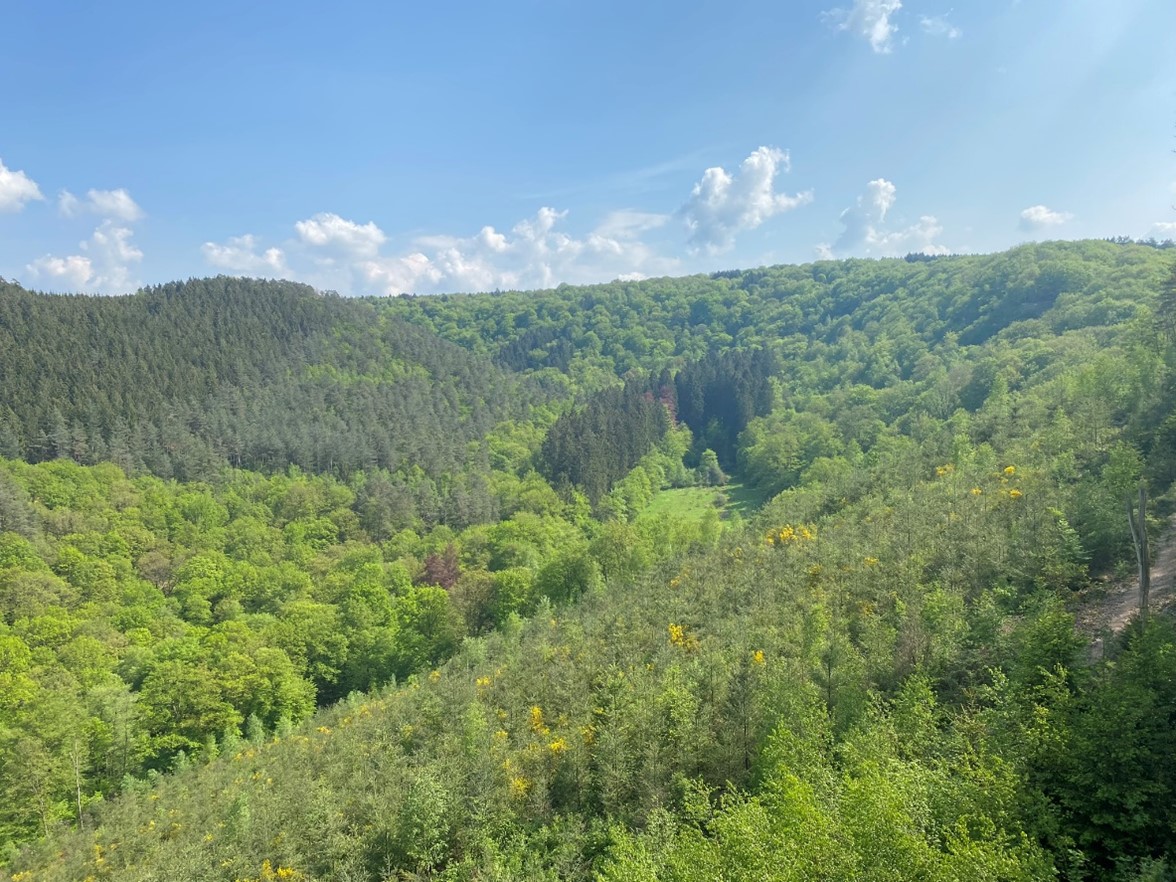
Figure 2: A sunny day in the Ardennes
All in all, a secondment is an integral part of an MSCA project and provides the opportunity to broaden your perspectives and gives you access to different types of opportunities compared to your host institute. I am very grateful for the opportunities that the AUTOBarge project offers us ESRs and secondments are a very good example of those opportunities.
An article by Martin Baerveldt.

